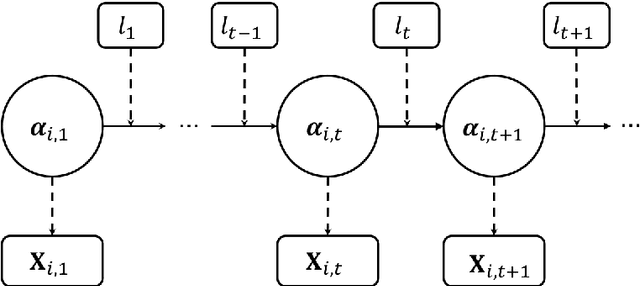Optimal Hierarchical Learning Path Design with Reinforcement Learning
Paper and Code
Oct 12, 2018



E-learning systems are capable of providing more adaptive and efficient learning experiences for students than the traditional classroom setting. A key component of such systems is the learning strategy, the algorithm that designs the learning paths for students based on information such as the students' current progresses, their skills, learning materials, and etc. In this paper, we address the problem of finding the optimal learning strategy for an E-learning system. To this end, we first develop a model for students' hierarchical skills in the E-learning system. Based on the hierarchical skill model and the classical cognitive diagnosis model, we further develop a framework to model various proficiency levels of hierarchical skills. The optimal learning strategy on top of the hierarchical structure is found by applying a model-free reinforcement learning method, which does not require information on students' learning transition process. The effectiveness of the proposed framework is demonstrated via numerical experiments.
 Add to Chrome
Add to Chrome Add to Firefox
Add to Firefox Add to Edge
Add to Edge